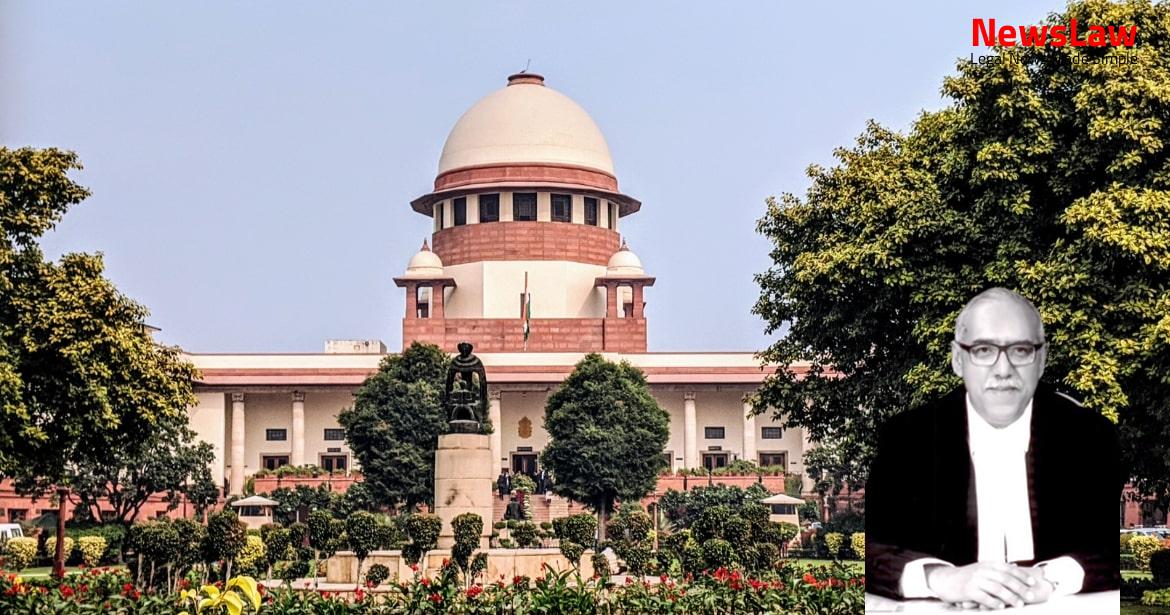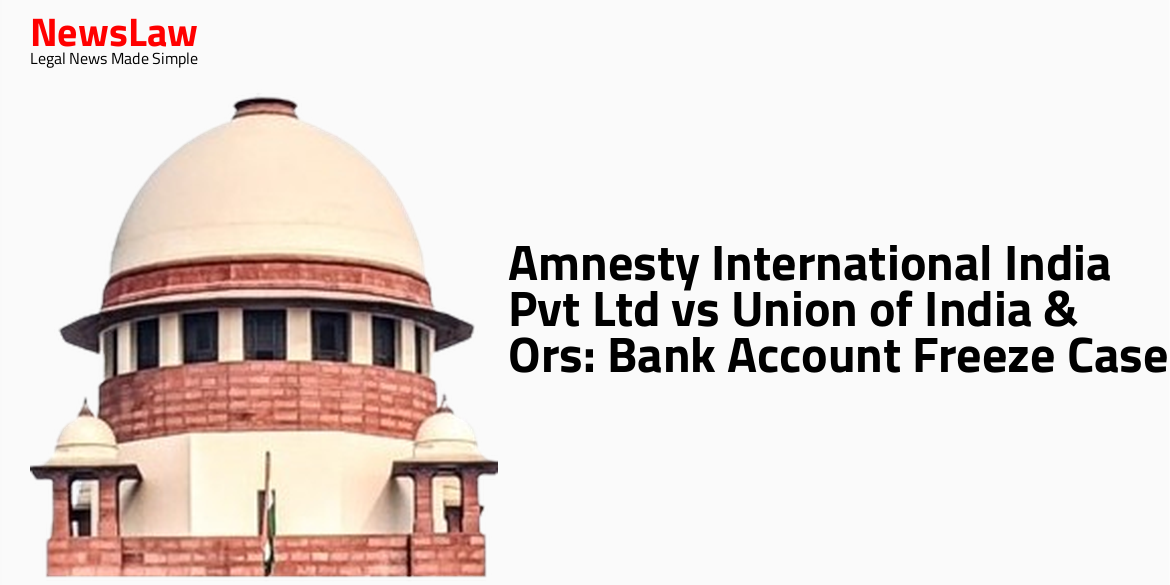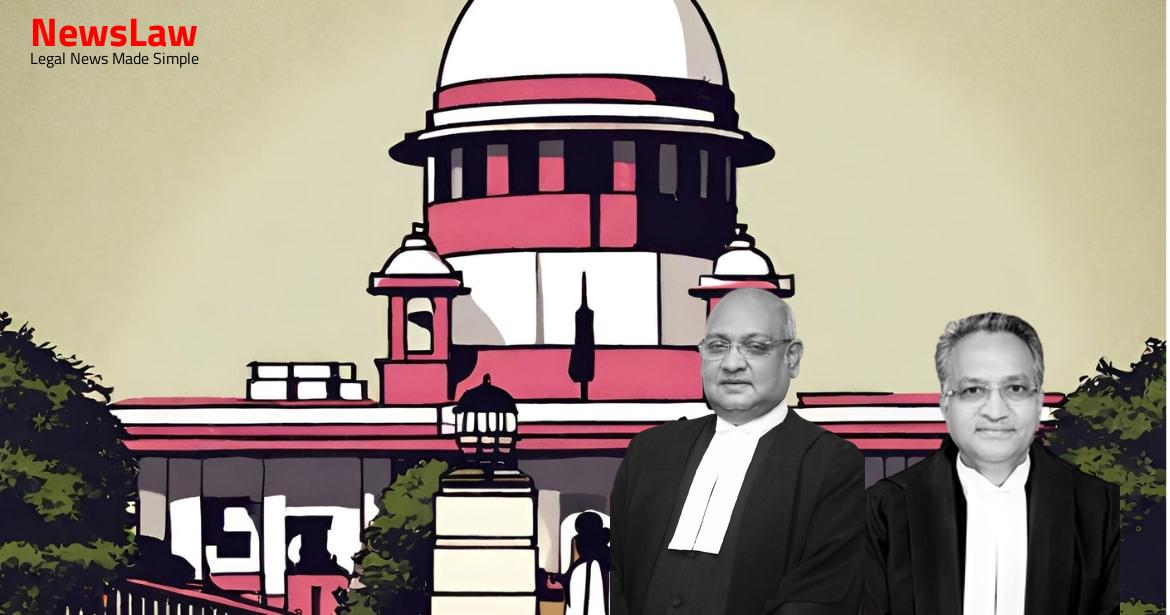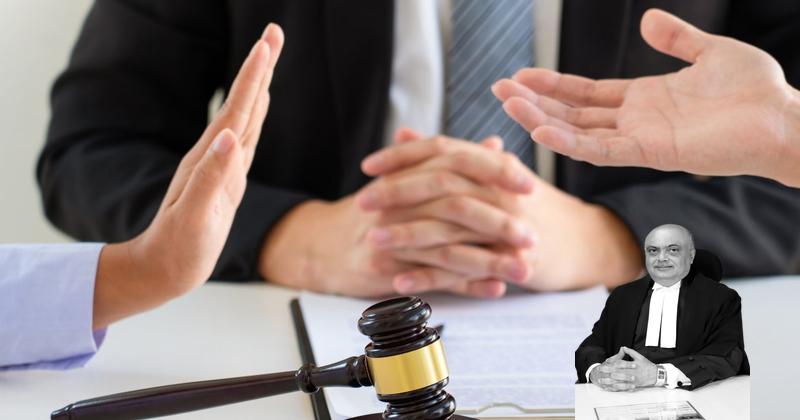In a significant judgment by the Supreme Court of India, judicial integrity is upheld by expunging unwarranted remarks against the appellant. The court’s decision emphasizes the importance of maintaining respect and ethical conduct in the legal system. This ruling sets a precedent for ensuring justice prevails, restoring faith in the judiciary. Let’s delve into the details of this landmark case where the Supreme Court takes a stand for justice and legal ethics.
Facts
- Mr. R.M. Singh objected to recording the compromise due to unpaid fees.
- The matter was settled between the claimant and the Insurance Company.
- The settlement petition was filed and signed by Mr. D.K. Saxena.
Also Read: Court’s Jurisdiction in Re-appraising Arbitrator’s Findings
Arguments
- The appellant accepted the request of Mr. R.M. Singh to file the compromise petition through him and not Mr. D.K. Saxena.
- The appellant based this decision on the presence of a sum of Rs.10/- for the Advocates Welfare Fund in the vakalatnama, which indicated authorization for only one lawyer.
- The High Court rightly held that claimants in Motor Accident Claims Tribunal should not suffer due to lawyer disputes.
- The High Court criticized the appellant for casting doubts on his integrity and accused him of favoring Mr. R.M. Singh.
- The High Court directed administrative action regarding the appellant’s conduct.
Also Read: Contrary Directions in Issuance of Letter of Intent
Analysis
- The High Court should have brought the matter before the Chief Justice for administrative action instead of making public remarks that cast aspersions on the integrity of the judicial officer.
- Expressing disapproval of lower court orders is acceptable, but attributing motives is not appropriate.
- Disputes between lawyers should be settled by the Bar Council, not the Court.
- Judgments of lower courts are subject to scrutiny and modification by higher courts.
- Judges in higher courts have a duty to maintain judicial discipline and respect within the judiciary.
- Costs should not be imposed on presiding officers of the court in most cases.
- Adverse remarks or strictures against a judicial officer’s integrity should be expunged.
- Lower judicial officers work under pressure and do not have the same benefits as higher courts.
- Our legal system allows for appeals and revisions due to the acknowledgment of judges’ fallibility.
- Higher Courts should refrain from passing scathing remarks against the presiding officer of the lower courts just because they disagree with the Trial Court’s point of view.
- Strong language and imputations of corrupt motives should not be made lightly, as the judge being accused has no legal recourse.
- Judicial administration should be fearless and judges must have the freedom to express their conclusions without bias or fear.
- Judges have wide power to evaluate oral evidence but must exercise it with healthy restraints.
- The fallibility of judges is acknowledged in the legal system through provisions for appeals and revisions.
- Higher courts correcting or setting aside lower court orders is a normal function in the legal system.
- Even when a lower court judge’s conduct raises suspicions, the appropriate action for the higher court is to maintain confidentiality and note the behavior in records, avoiding public disparaging remarks.
- Publicly expressing lack of faith in subordinate judges damages the administration of justice and erodes public confidence in the judiciary.
- Strictures and strong criticisms publicly passed against lower court judges can condemn them forever in the eyes of their subordinates and the public, leading to internal erosion of the judiciary.
- Administrative action dropped and relief not pressed
- Imposition of costs of Rs.10,000/- set aside
- High Court’s scathing remarks condemned the appellant unjustly
- High Court’s remarks overstepped boundaries by casting unworthy and corrupt accusations
- All unwarranted remarks expunged and deletion of para 15 of the judgment directed
Also Read: Application for Stay in Civil Suit Rejected: Court’s Legal Analysis
Decision
- This part of the judgment pertains to expunging all remarks made against the appellant.
- The court directs the deletion of para 15 of the impugned judgment.
- This decision is to be implemented for all intents and purposes.
Case Title: SURENDRA PRASAD MISHRA Vs. SMT. RAMAWATI
Case Number: C.A. No.-006634-006634 / 2019



